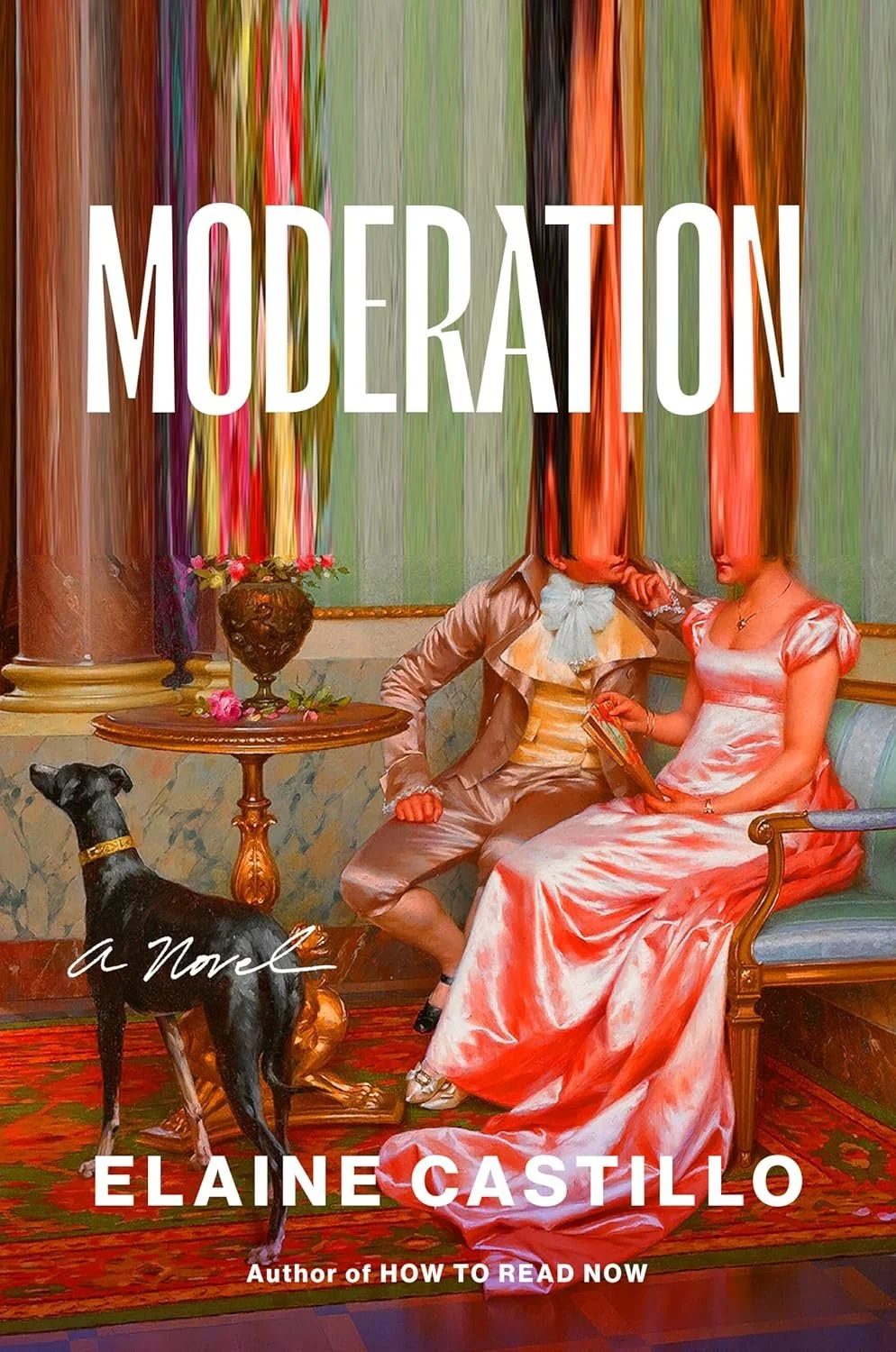In Memoriam, Alice Winn
‘The threads and parallels between boarding school and war are unnervingly effective, as we see the same boys lauded together in brigades, used to the close confines of living with one another, taking their friendships and rivalries onto the battlefield’
Alice Winn’s Prize-winning debut is a deftly constructed and thoroughly researched tale of love and loss during World War One, darting between the boarding school rooms of Preshute College and the Western Front. The book grips as much as it haunts, exploring the relationship between Elwood and Gaunt – childhood best friends and eventually lovers – as their relationships to each other, themselves, and their country changes over the course of the horrors they face on the front. Winn does a remarkable job at conjuring the bone-chilling details of the experiences young boys went through, with an unsurprising focus on the many wounds inflicted, both mental and physical.
The threads and parallels between boarding school and war are unnervingly effective, as we see the same boys lauded together in brigades, used to the close confines of living with one another, taking their friendships and rivalries onto the battlefield, elevated to lieutenants and captains before the often more capable hands of their experienced working-class officers. It has the effect of making the War seem fickle and foolish, the boys like pawns on a chess board, in the hands of a higher system. But the public school illusion of war quickly disintegrates in the face of violence, with notions of class, Englishness and honour crumbling. Winn punctuates the narrative with clippings from the college newspaper, The Preshutian, marking the names of all those dead and wounded, with a stream of Preshute boys eager and willing to take their places in turn.
Above all, In Memoriam is a tragedy. But like all tragedies, love enters the mix. Same-sex relationships are understood and accepted, but not spoken about; there are many gay relationships at Preshute, and the boys are generally tolerant of them. Male friendships too are close and affectionate, increasingly so on the battlefield. And while other boys in their position go on to marry women, Elwood and Gaunt remain defiant in their love. It is their romance that drives the story, begging the question of whether they will eventually find their way to one another, both in body and soul.
Editorial Picks




